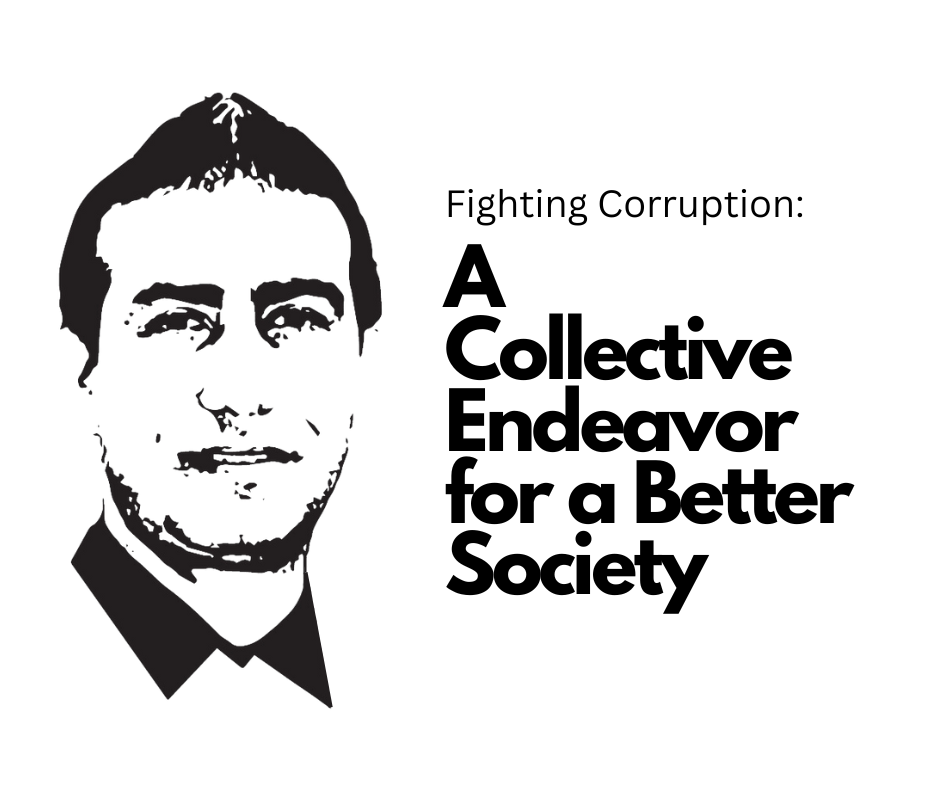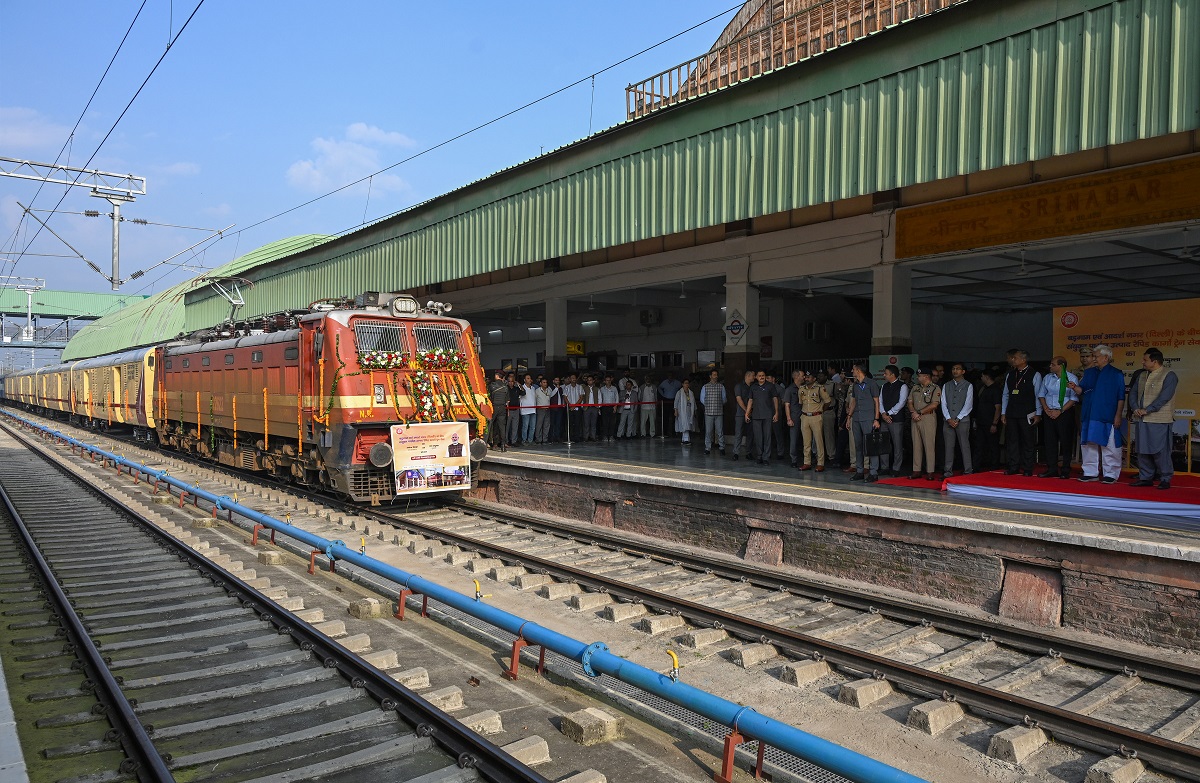As world leaders prepare to gather in South Africa for the G20 summit, economists and human-rights experts are sounding a powerful alarm: global inequality is no longer just a concern — it is a full-blown emergency threatening democracy, social stability, and humanity’s collective future.
A new expert report led by Nobel Prize-winning economist Joseph Stiglitz urges G20 countries to form a powerful global task force — similar to the UN’s world-renowned climate panel — dedicated solely to confronting inequality.
The report reveals staggering realities. Today, one in four people worldwide regularly skip meals, while billionaire wealth has reached its highest level in history. Between 2000 and 2024, just 1 percent of the world’s population captured 41 percent of all new wealth, and only 1 percent of that wealth reached the poorest half of humanity. Meanwhile, a historic US$70 trillion in inherited wealth is expected to transfer to heirs in the next decade — widening the gap further.
While recent decades saw some reduction in inequality thanks to rapid development in countries like China, the surge in inherited wealth and market imbalances is fueling new divides.
Stiglitz warns that global economic competition — particularly U.S. tariff-driven policies — is pushing the world toward a dangerous “law of the jungle” system that favors the powerful and deepens inequality.
The consequences reach far beyond economics. The report highlights that more than 80 percent of countries now face high levels of inequality, making them seven times more likely to experience democratic decline. Rising inequality undermines trust, fuels political polarization, and feeds social unrest — leaving societies more vulnerable to authoritarianism.
South African President Cyril Ramaphosa, hosting this year’s G20, called the findings “a blueprint for greater equality” and stressed that addressing inequality is “our inescapable generational challenge.”
The proposed International Panel on Inequality would examine everything from corporate power to tax evasion, urging bold steps: fair taxation on the ultra-rich, breaking up monopolies, stabilizing essential goods prices, and restructuring global debt.
Whether every world leader — including future U.S. leadership — supports this vision remains uncertain. But momentum is building, and experts hope global cooperation will prevail.
This moment is not just economic — it is deeply human.
Behind every statistic is a family skipping meals. A parent sacrificing to survive another month. A young person watching opportunity slip further away.
The world has recognized the climate emergency. Now, it must face the inequality emergency — before it reshapes our societies in ways we cannot reverse.
The question remains: will global leaders rise to this moment, or will history remember that we looked away?
Because inequality is not just numbers.
It’s hunger.
It’s lost hope.
It’s human lives.
This is the time to demand fairness, dignity, and shared prosperity — for everyone.




